Reliable Devices to Use for Backflow Prevention
Backflow prevention devices have become an essential part of plumbing systems. Without them, dangerous contaminants can enter your home's potable water supply and put your family at risk for waterborne illnesses. Backflow devices are designed to prevent the flow of contaminated water from entering the clean water system in your home or business. At Charlotte Plumbing, we're well versed and experienced in dealing with backflow issues.
Types of Backflow Prevention Devices
- Vacuum Breakers. The most common type of backflow prevention device is a vacuum breaker. This works by ensuring that water flows in only one direction, preventing any contaminated water from entering the clean water supply. Vacuum breakers are typically installed at points where potable and non-potable water lines meet and feature a diaphragm that opens and closes when pressure changes occur. They also require regular maintenance and testing to ensure they are working properly.
- Pressure Vacuum Breaker (PVB). Another type of backflow prevention device is the pressure vacuum breaker (PVB). This device works in a similar way to a vacuum breaker, but it doesn't rely on pressure changes to open and close its diaphragm. Instead, the PVB uses a spring-loaded valve that opens and closes to prevent backflow. PVBs require less maintenance than vacuum breakers, but they must still be tested regularly to make sure they are functioning properly.
- Dual Check Valves (DCVs). Finally, dual check valves (DCVs) are another type of backflow prevention device. These devices use two separate check valves that open and close in sequence to stop contaminated water from entering the clean water supply. DCVs are typically used in applications where high pressure is present, and they need to be tested on a regular basis to ensure that they are working properly. These plumbing devices play an important role in protecting your family from waterborne contaminants. Make sure you have the right backflow prevention device for your home or business and that it is properly maintained and tested regularly. Doing so will help ensure that your family stays safe from waterborne illness.
How Often Should I Test My Backflow Device?
Backflow devices must be tested annually to ensure that they are functioning properly and providing the necessary protection for your potable water supply. The test must be performed by a certified backflow technician and is part of the routine maintenance of your system.
Ensuring Your Backflow Device Is Working Properly
Backflow devices must be tested annually to ensure that they are functioning properly and providing the necessary protection for your potable water supply. The test must be performed by a certified backflow technician and is part of the routine maintenance of your system. If you suspect that your device is not working properly, contact a qualified professional immediately to have it inspected and serviced.
Contact Charlotte Plumbing for Backflow Help
Questions about backflow prevention devices? The team at Charlotte Plumbing can help you determine the right plumbing devices for your home. Contact us today and let us know what your plumbing issues are, and we'll work to get your pipes in proper working order once again!
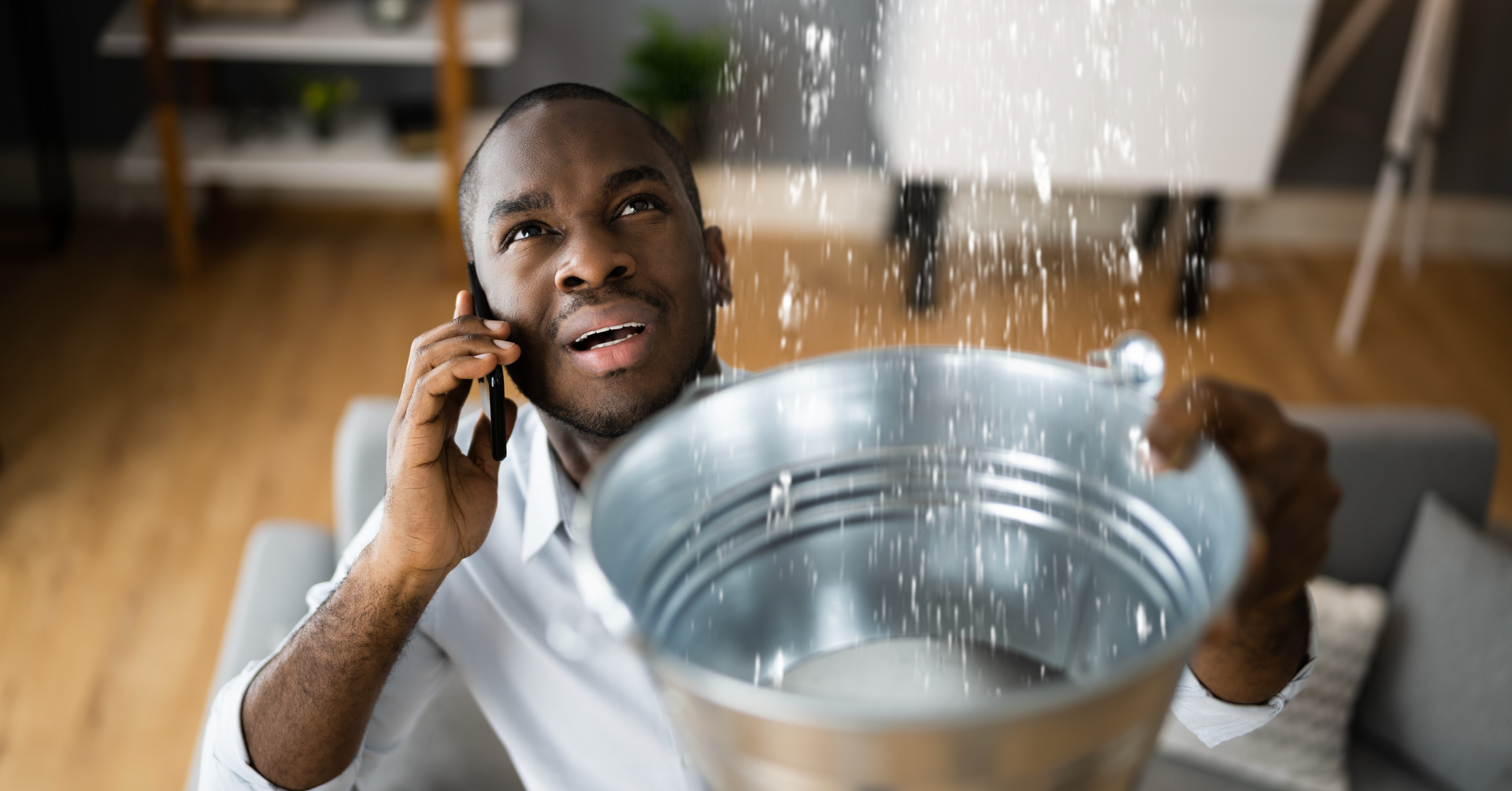
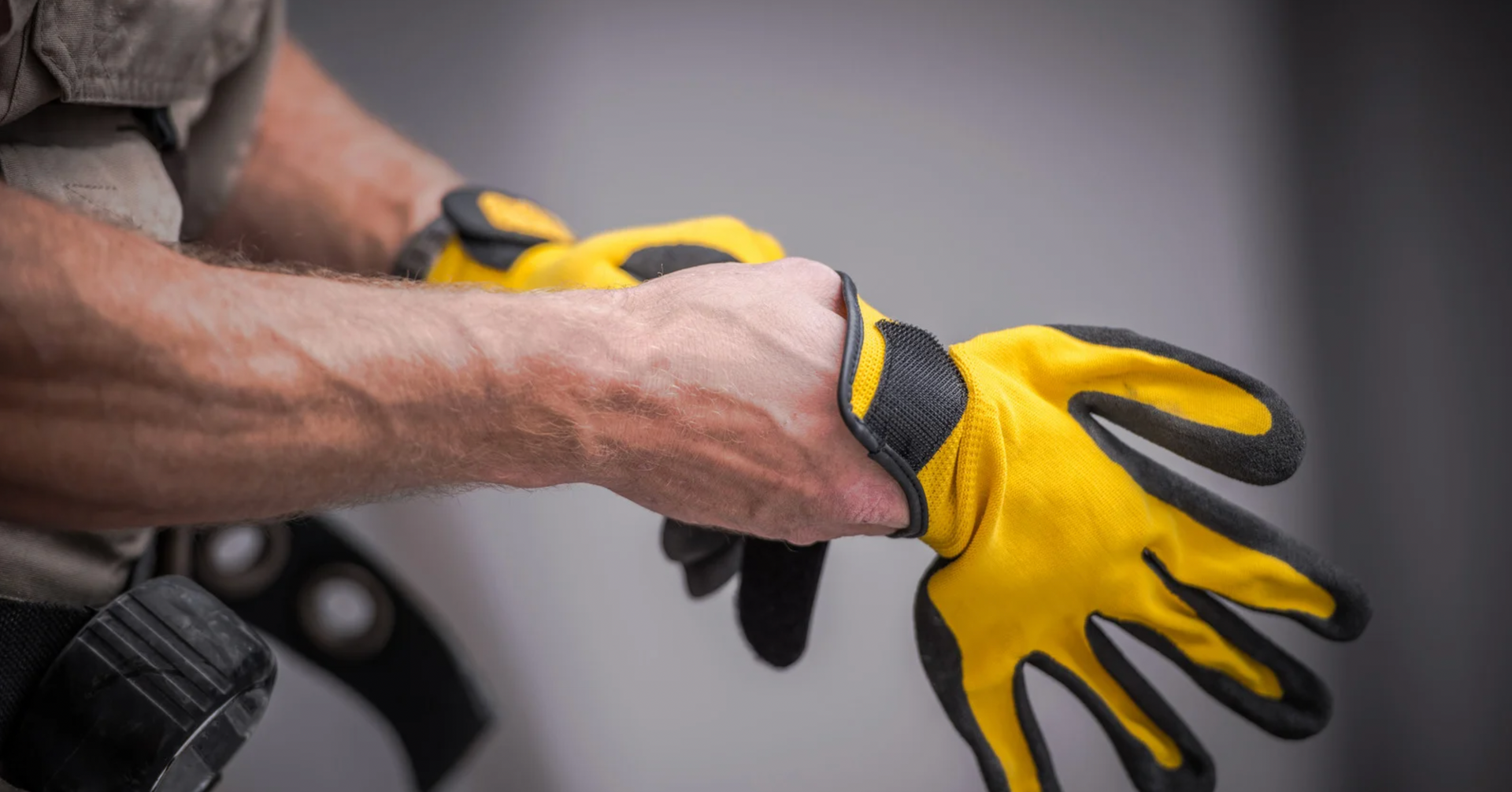
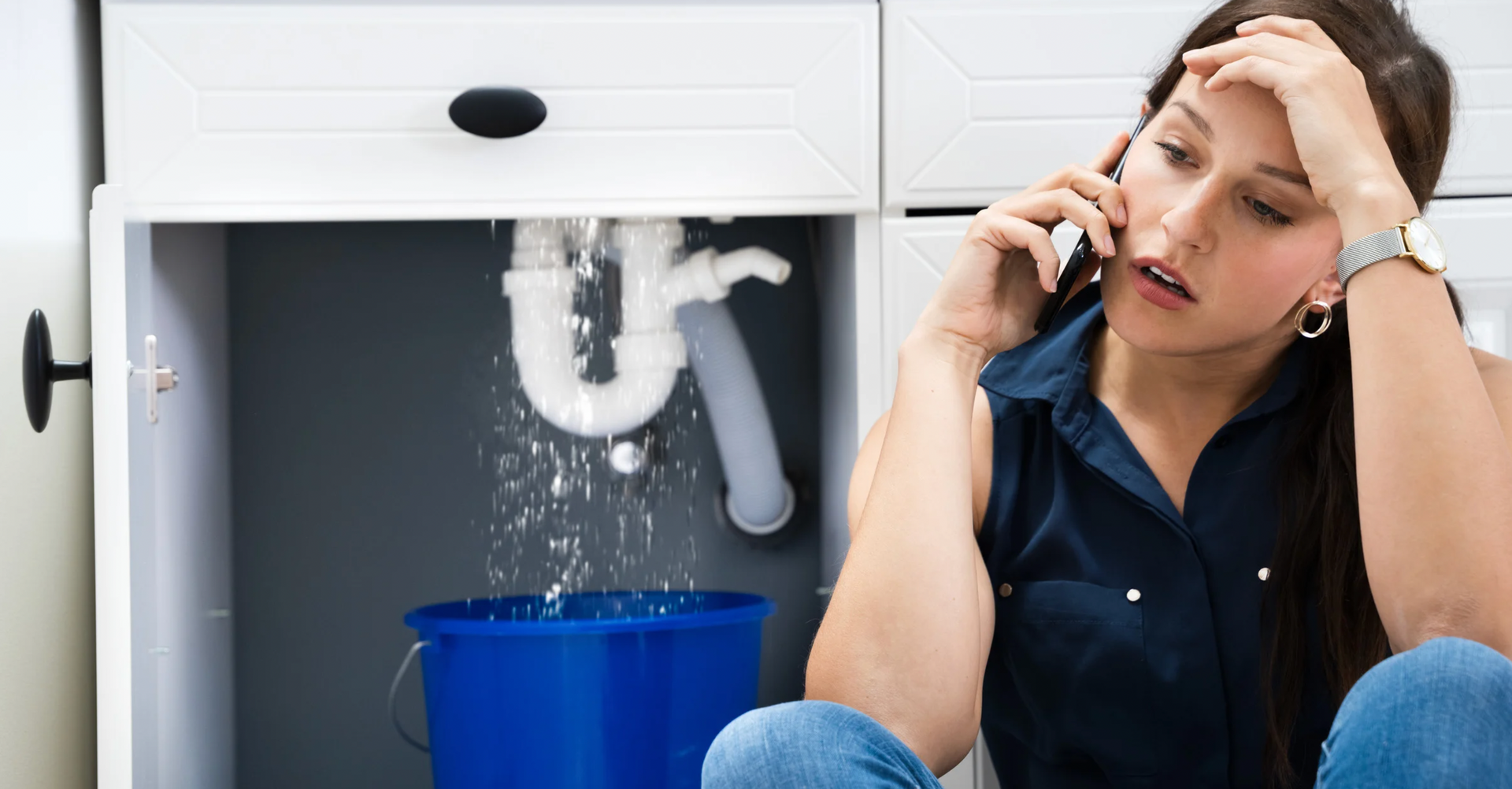
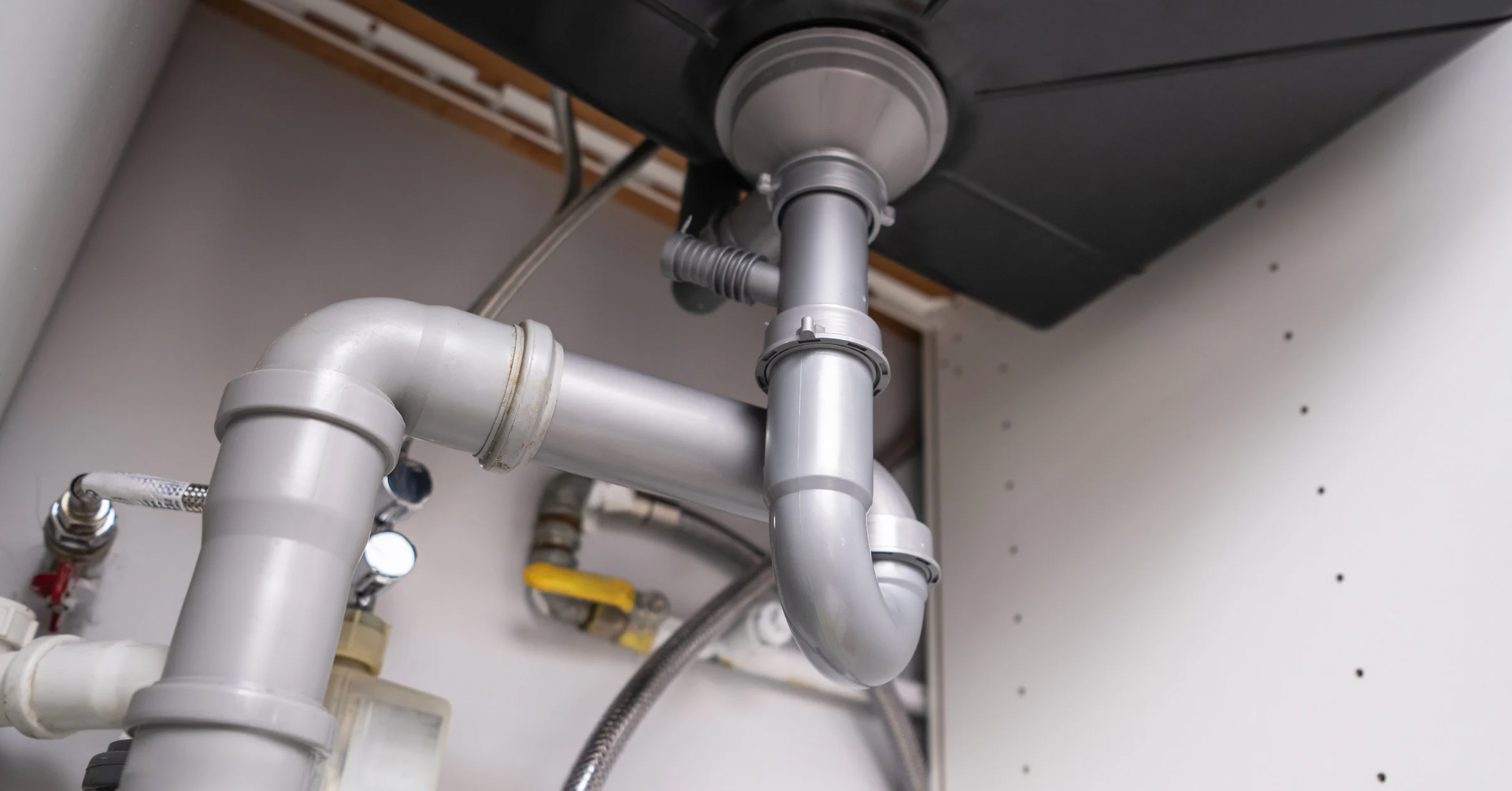
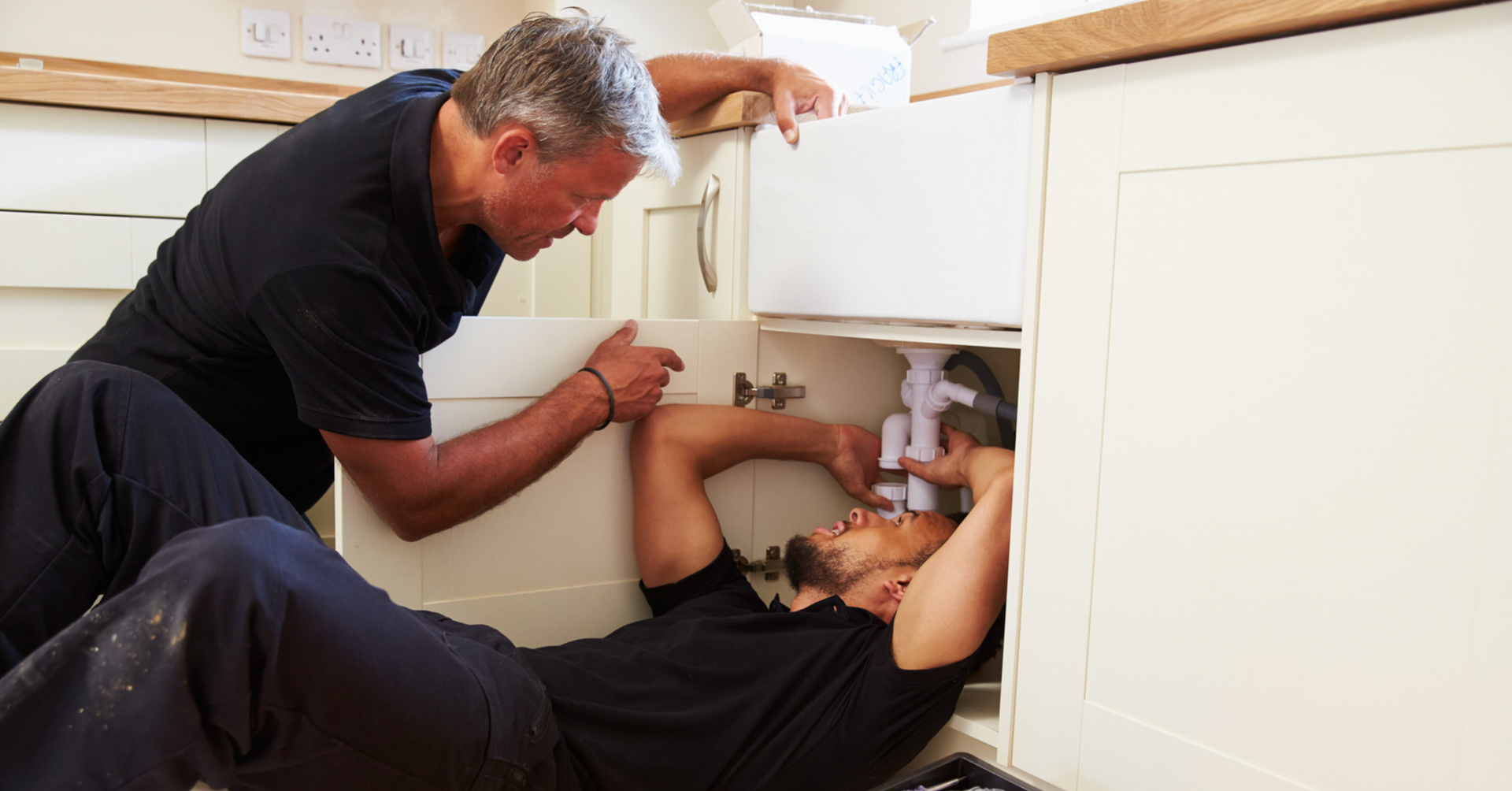
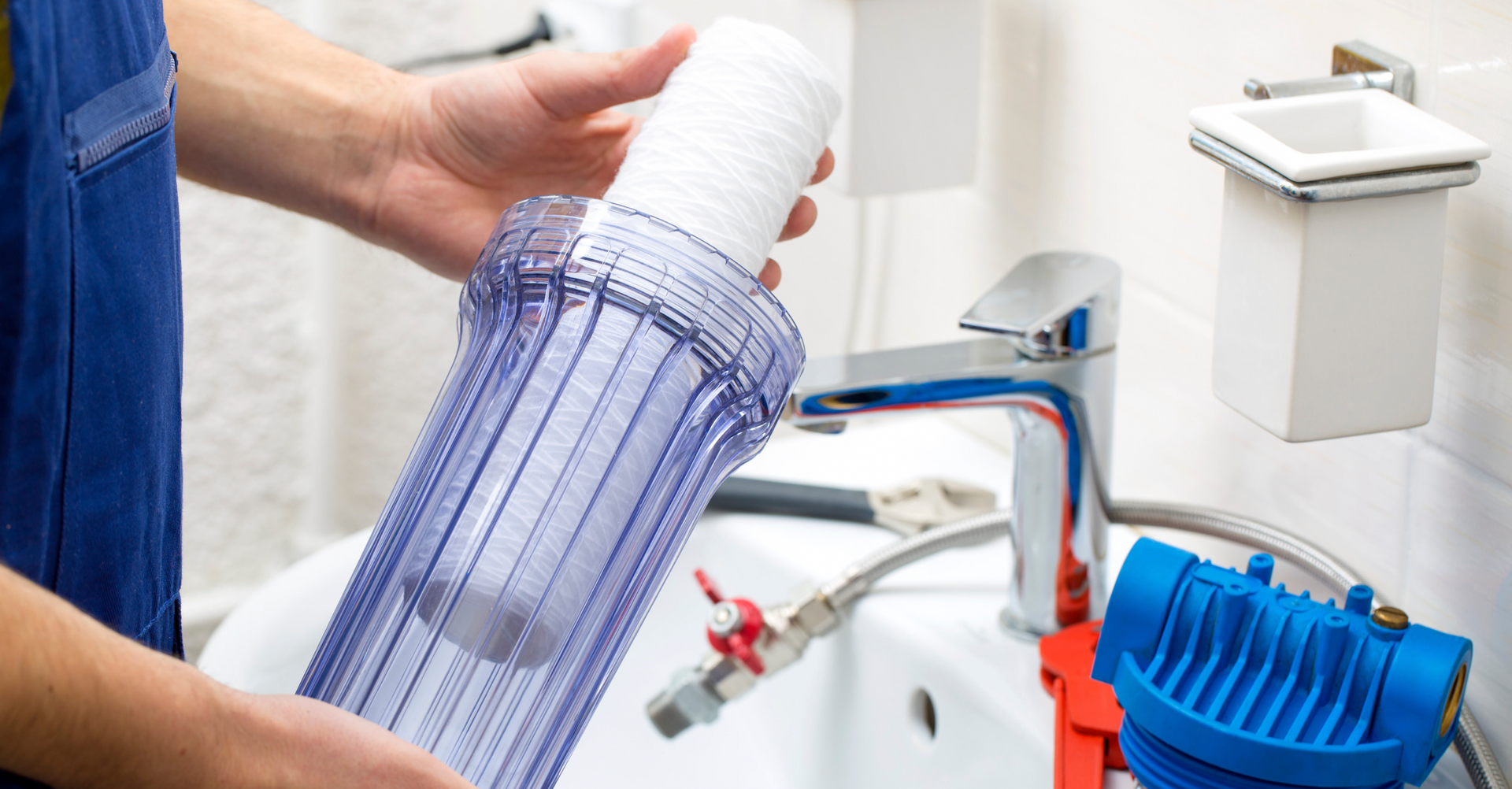
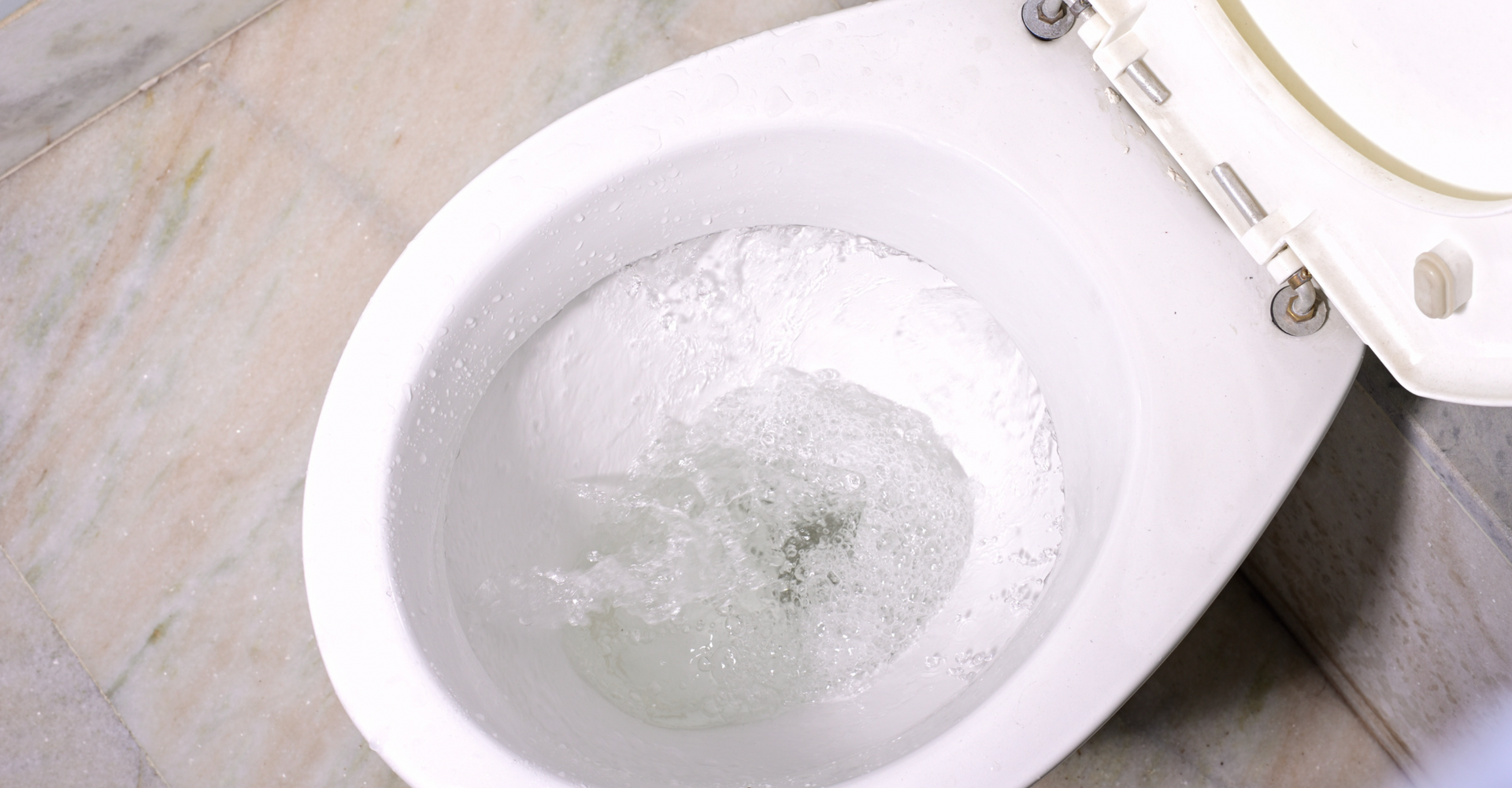
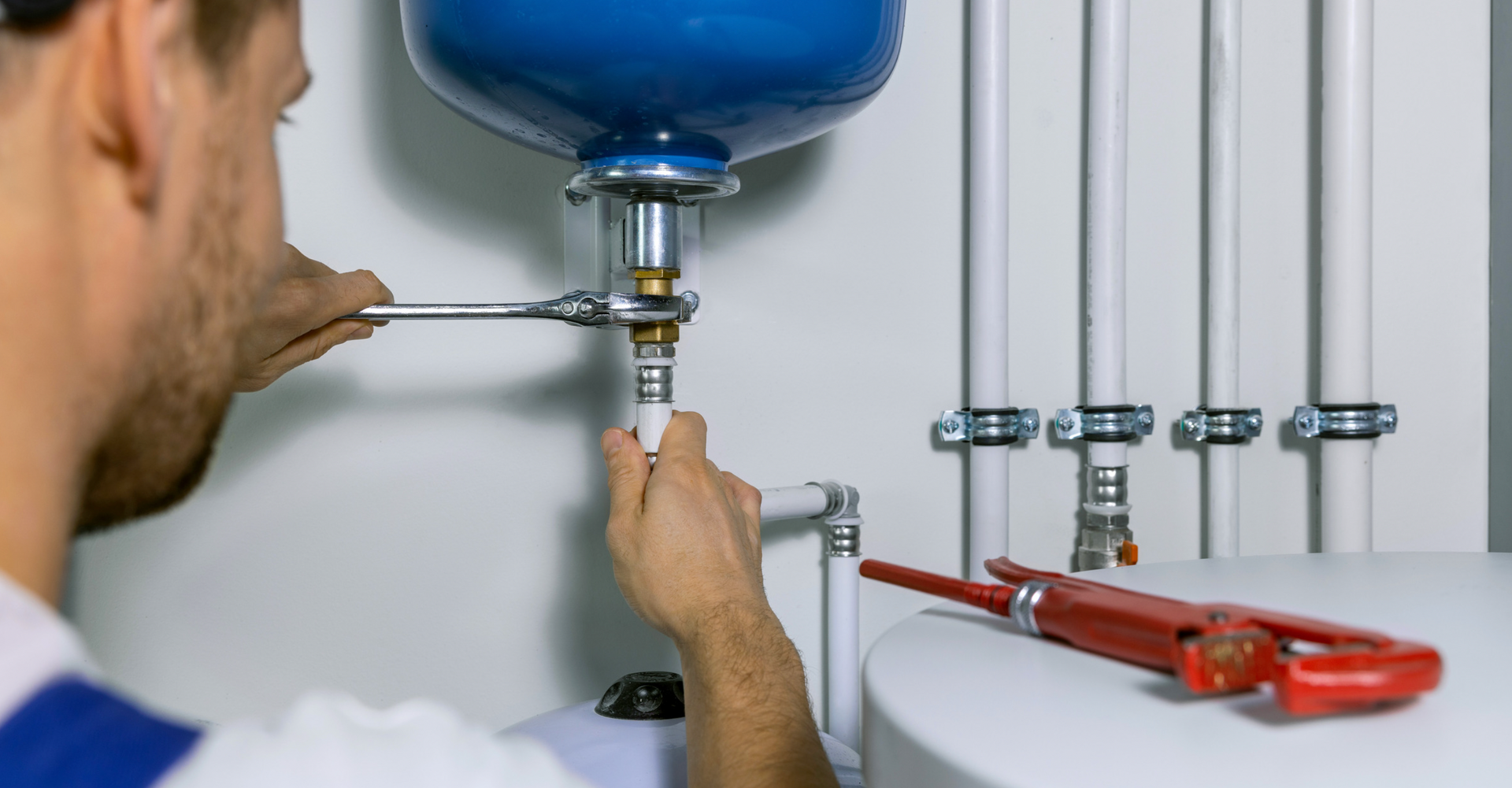
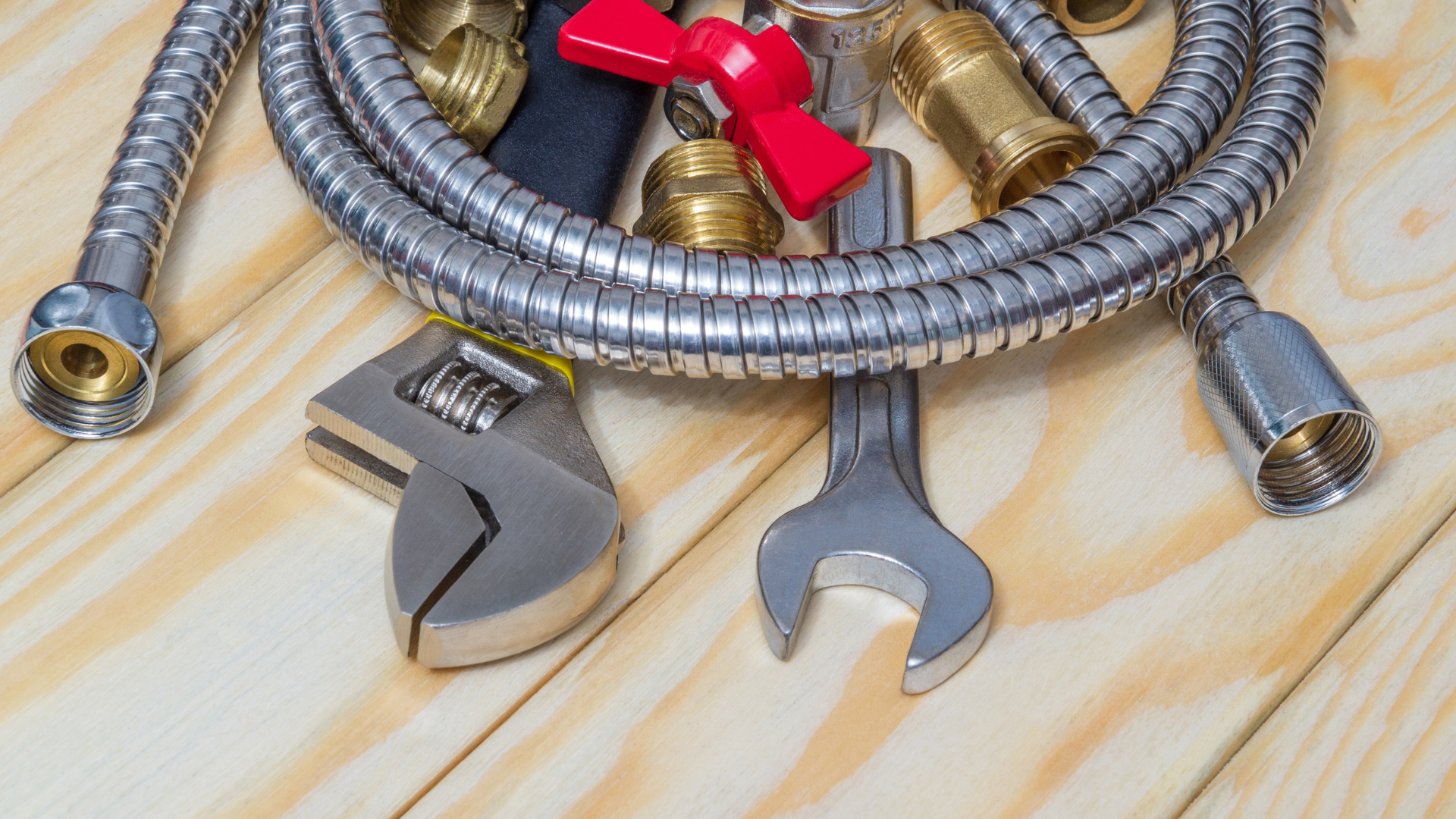

What Happens After I Send My Message?
Our team will review your information.
A team member will contact you as soon as possible.
We will work with you to schedule your service.
Schedule Online
For more information or to schedule a service, call us at (704) 684-4664 or complete the contact form.
Contact Us
We will get back to you as soon as possible.
Please try again later.



